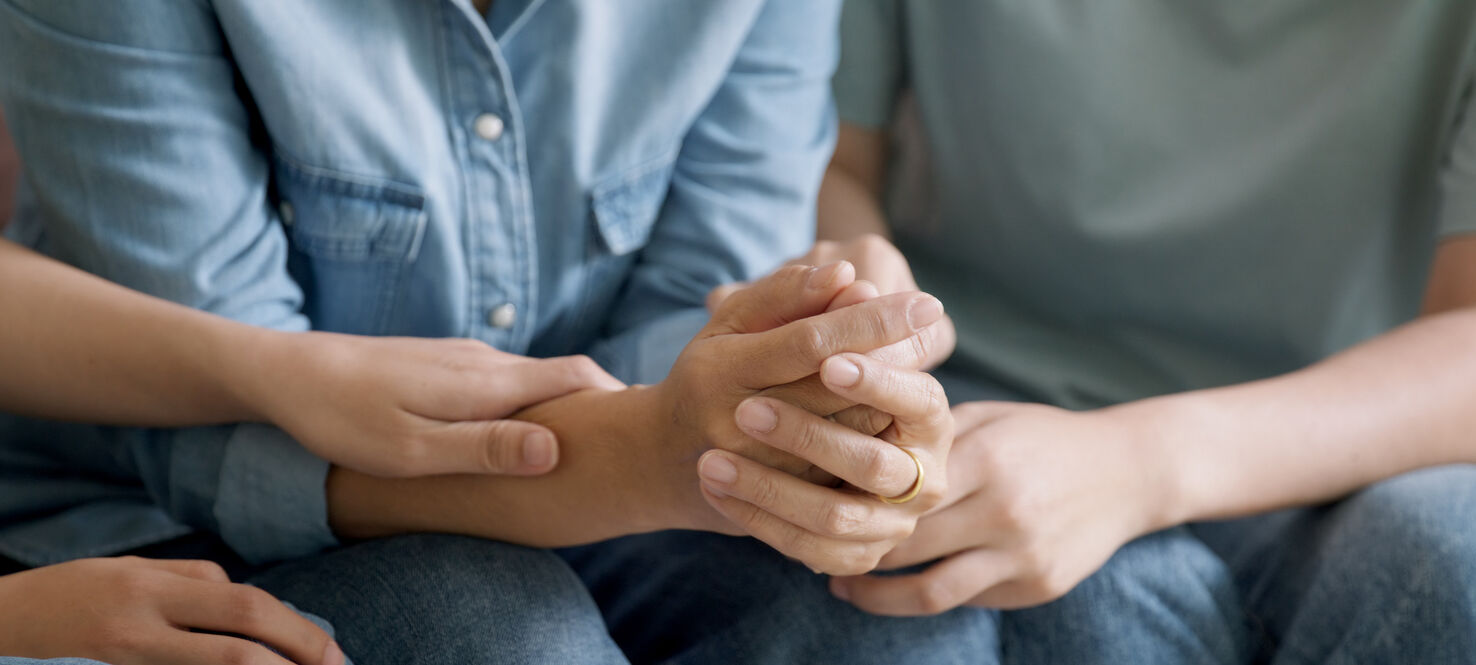Suicide Risk and Cancer: How to Prevent Suicide in Your Home
This article talks about suicide. If you are experiencing thoughts of suicide, please call 988 for immediate help.
Recent studies have highlighted a troubling trend: people living with a cancer diagnosis face a higher risk of suicide compared to the general population. This underscores the importance of addressing the emotional and psychological needs of people with cancer.
Cancer diagnoses often bring about profound emotional distress. Patients may experience anxiety, depression and a pervasive sense of hopelessness as they navigate the complexities of their illness and treatment. The fear of the future, compounded by uncertainty about treatment outcomes and concerns for loved ones, can lead to a sense of despair.

Donna DiClementi
“Paying close attention to mental health is an important part of overall health,” said Donna DiClementi, manager of Outpatient Social Work at Moffitt Cancer Center. “We encourage patients to discuss their emotional wellbeing so we can assist them in developing ways to cope with the impact of cancer on their life.”
Chronic pain is another critical factor contributing to this risk. Many people living with cancer endure physical discomfort, which can diminish their quality of life and exacerbate mental health challenges. Additionally, the impact of cancer on daily functioning can lead to social isolation, further heightening feelings of loneliness and despair.
If you’re caring for or living with someone with cancer, what steps can you take to help support your loved one?
- Open Communication: Encourage open and honest conversations about feelings and mental health. Let loved ones know they can talk to you without judgment.
- Educate Yourself: Learn about the signs of suicidal thoughts and mental health issues. This knowledge can help you identify when someone may be in crisis.
- Remove Lethal Means: If someone in your home is at risk, secure or remove any items that could be used for self-harm, such as firearms, medications or sharp objects.
- Create a Safety Plan: Work with the person at risk to develop a safety plan that includes coping strategies, emergency contacts and steps to take during a crisis.
- Encourage Professional Help: Support loved ones in seeking help from mental health professionals. Contacting Social Work at Moffitt is a great place to start.
- Be Alert to Changes: Monitor for any significant changes in behavior, mood or social interactions that may indicate someone is struggling.
- Promote Healthy Routines: Encourage healthy habits such as regular exercise, a balanced diet and sufficient sleep, which can improve overall mental health.
- Stay Connected: Maintain regular contact with friends and family, especially those who may be at risk. Isolation can worsen feelings of despair.
- Limit Stressors: Help reduce stressors in the home, whether through resolving conflicts, managing workload or creating a peaceful environment.
- Know Emergency Contacts: Keep emergency numbers, such as local mental health services or crisis hotlines, easily accessible.
People often find relief through hearing how others cope so joining one of Moffitt’s many support groups is beneficial. Integrative medicine such as massage, meditation, yoga and mindfulness can alleviate physical and emotional symptoms of cancer treatment and increase coping skills.
Moffitt patients can access social work help to discuss all the ways that are available to assist with the emotions of a cancer diagnosis by calling 813-745-8407. Immediate help for anyone who is experiencing suicidal thoughts can be found by calling 988 or texting HOME to 741741 anywhere in the United States.



